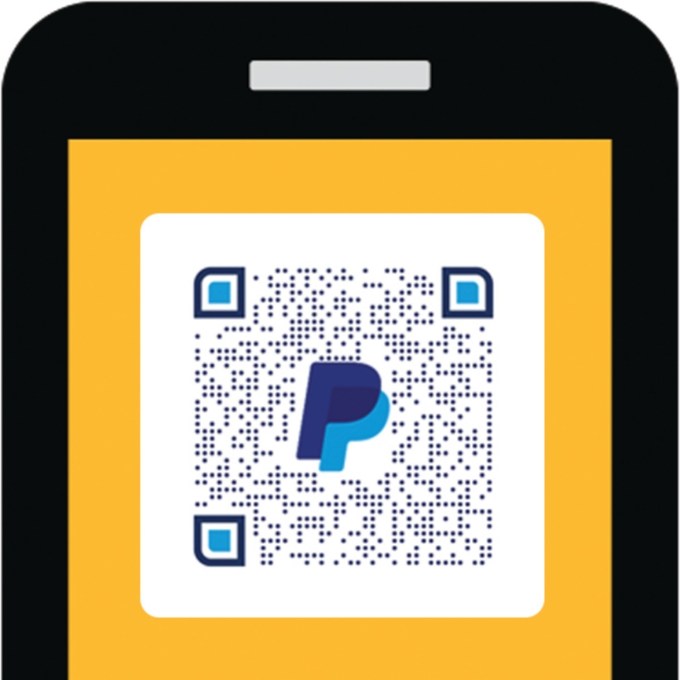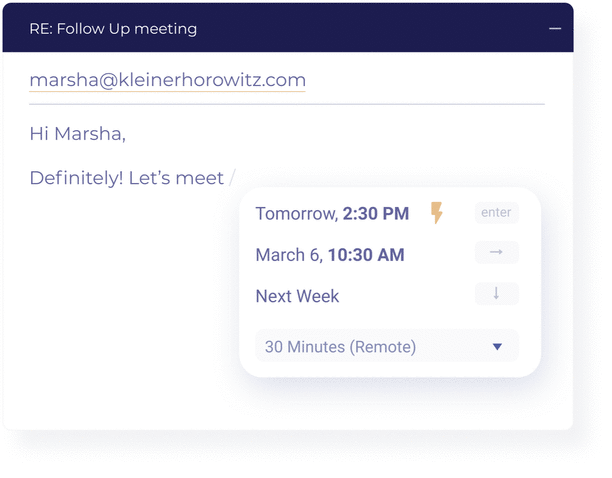Squarespace is adding a new monetization option for websites built on the platform: Member Areas, where businesses can charge for access to exclusive content.
Chief Product Officer Paul Gubbay said that particularly in the midst of the pandemic, businesses on Squarespace “want to experiment with different ways to make money.” They can already use the platform to sell products and services, and even to schedule appointments, but with Member Areas, “We allow you to sell your expertise, to sell your content.”
That could, of course, mean an online publication that wants to paywall some of its articles, but it could also mean a chef who wants to charge for access to cooking videos and recipes, or a fitness instructor hoping to make money from online classes.
Group Product Manager Kimberly Lin showed me how Member Areas are integrated into a Squarespace website, allowing the website owner to assign different access requirements to different pages — some could require a recurring membership fee, while others require a one-time payment and still others can be free with registration.
Squarespace also supports different membership tiers, as well as publishing member-only podcasts and newsletters. Site creators get access to CRM data on each of their members, with plans for more segmentation tools in the future.
Squarespace is making this available as an add-on to the core website building platform, with pricing starting at $9 per month. Gubbay emphasized the “simplicity” of adding these features to an existing Squarespace website, making it easy to put “anything you want” behind a paywall.
Lin also said that by integrating with the website builder, Squarespace can offer page protection that’s “truly secure,” because visitors can’t circumvent it by simply tracking down a paywalled URL.
As an early success story, Gubbay mentioned a jewelry merchant on Squarespace who started scheduling sessions where she gives design advice, then created Member Areas with videos and other jewelry-related content.
“First and foremost, we want to make sure we have product-market fit,” Gubbay added. “But I think what we’re going to be interested in doing as we move forward is helping people understand that, guiding them to the parts of the platform where they become a multi-modal seller.”



